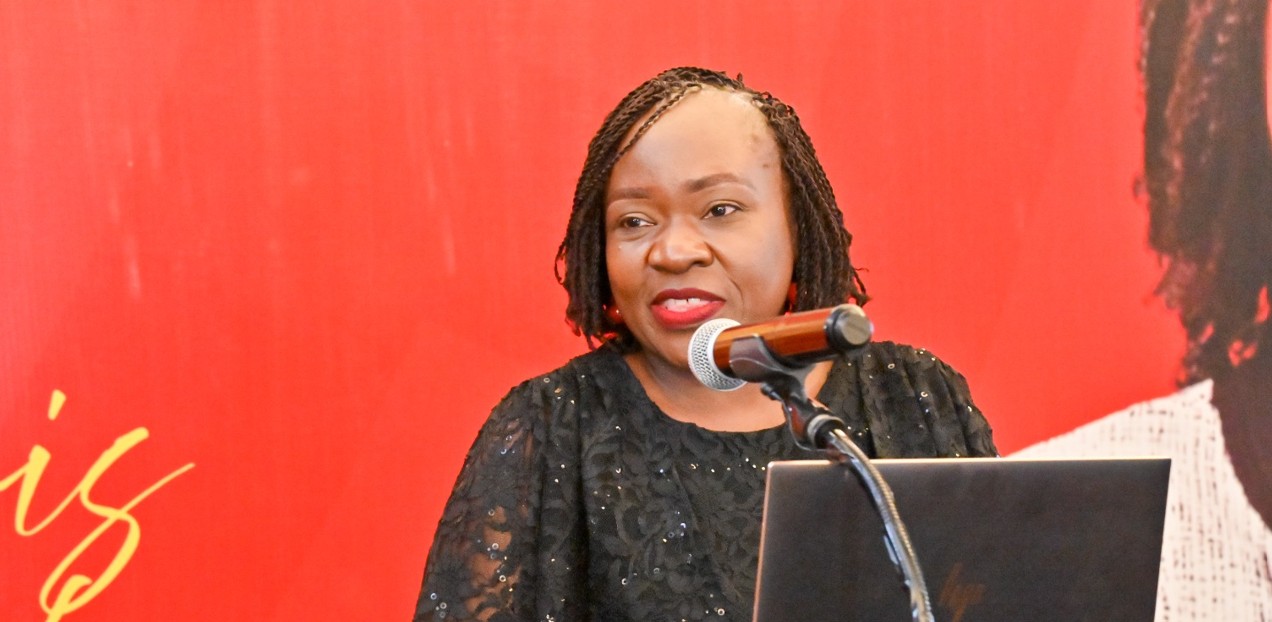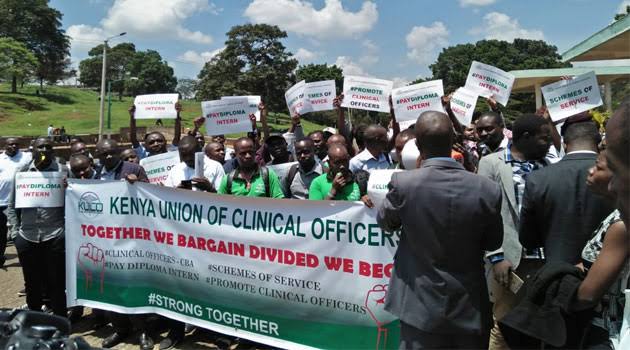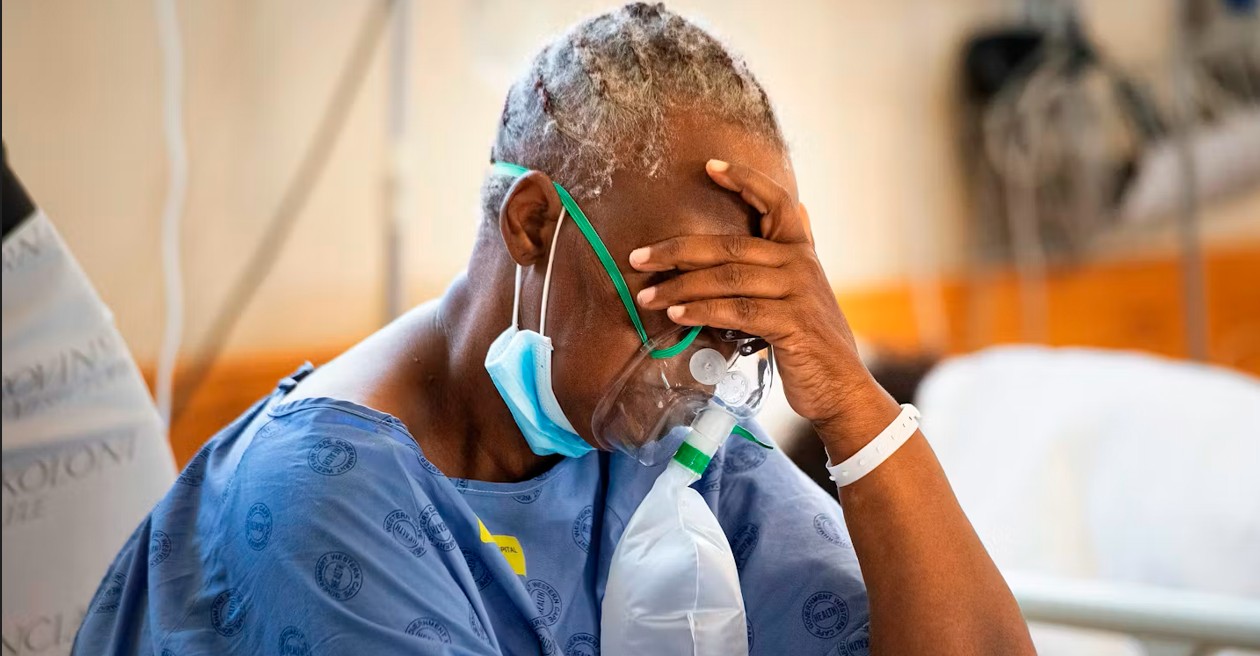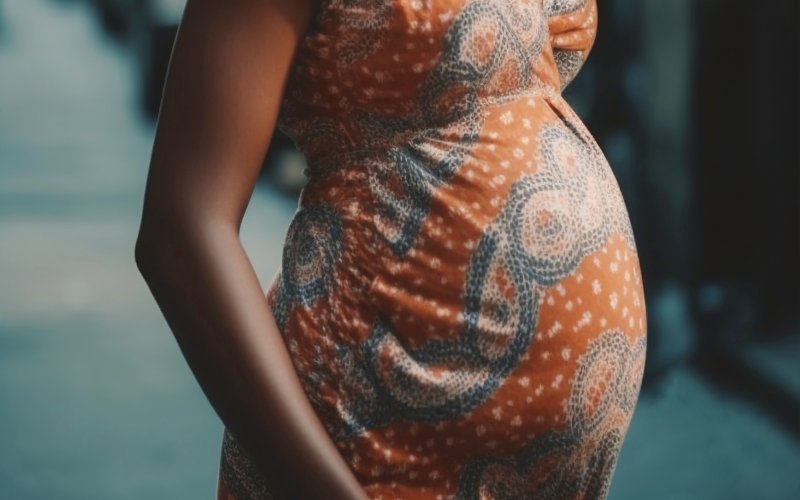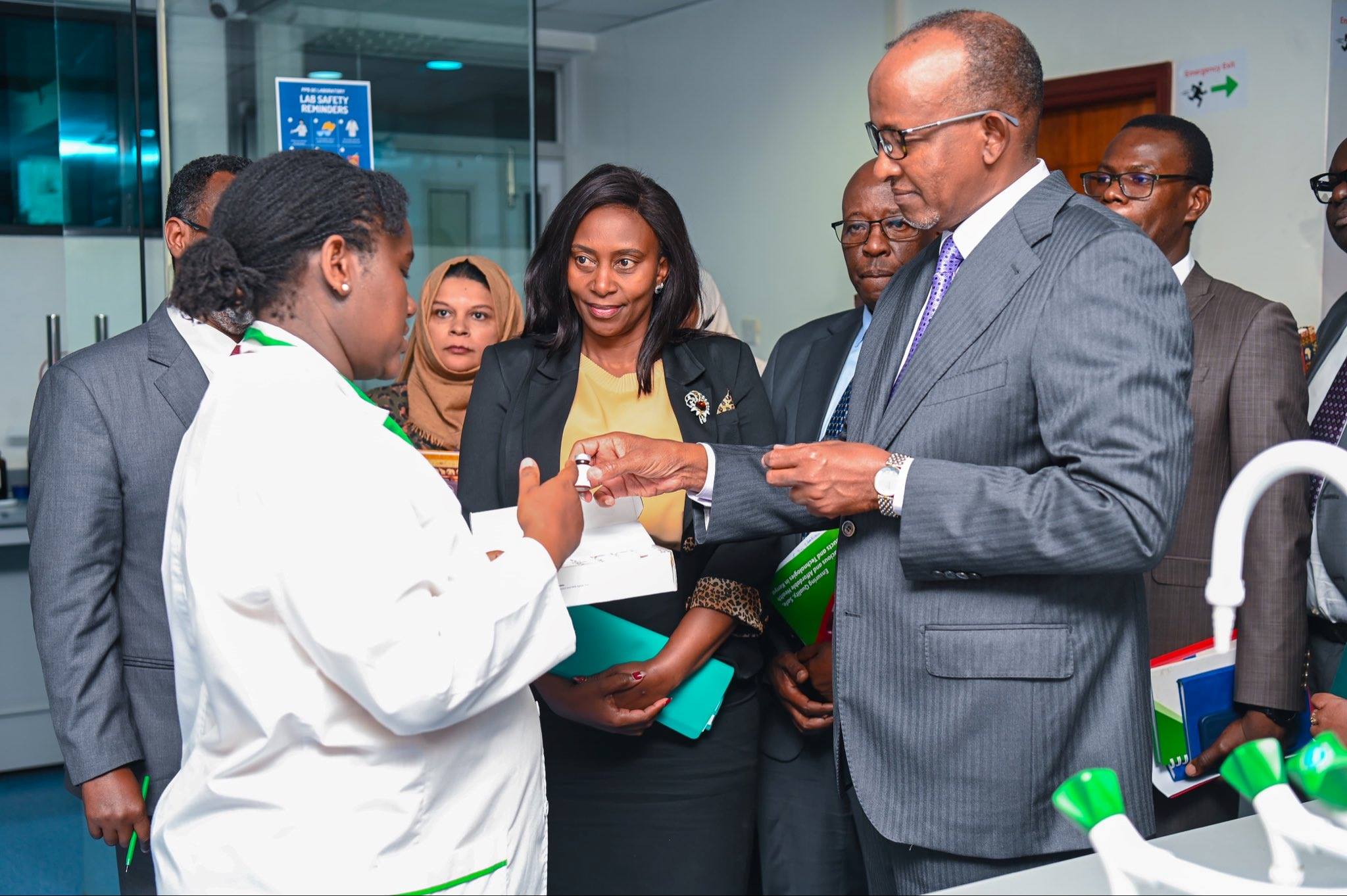MPs back Bill banning commercial surrogacy, sale of human embryos
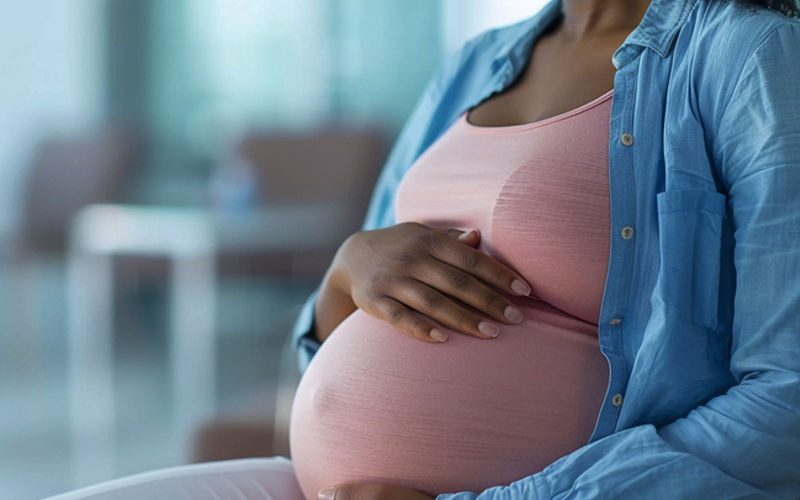
The proposed law criminalises advertising surrogacy services, selling human embryos or gametes, importing genetic material for surrogacy, and operating agencies that broker such deals.
Members of Parliament have backed a Bill seeking to regulate assisted reproduction and outlaw commercial surrogacy in Kenya, in a move aimed at protecting vulnerable women and couples struggling with infertility.
The Assisted Reproductive Technology Bill, 2022, if enacted, will make it illegal for surrogate mothers to receive any form of payment or reward for carrying a child and set out clear rules for parentage and child rights in surrogacy arrangements.
More To Read
- Africa’s hidden stillbirth crisis: New report exposes major policy and data gaps
- Review meeting highlights barriers to immunisation, maternal health in Turkana
- Court of Appeal postpones hearing on constitutionality of Health Acts
- 1,567 injured police officers compensated, says Mwangangi as Senate pushes for transparency
- SHA announces refund process for mistaken M-Pesa premium payments
- Governors sound alarm as 934 newborns die amid funding row in health sector
The legislation targets commercial surrogacy, where couples experiencing infertility pay a woman to carry their child, as well as the sale or trade of human embryos. Surrogate mothers will not be allowed to receive monetary incentives, benefits or fees.
Suba North MP Millie Odhiambo, who introduced the Bill, achieved a milestone as her counterparts approved all amendments during the third reading on November 4, 2025.
The Bill, first introduced in the 12th Parliament, had previously stalled despite approval from the then National Assembly Health Committee, chaired by former Murang’a County Woman Representative Sabina Chege.
While considering the Bill, MPs lauded Odhiambo for openly sharing her experience of childlessness and giving hope to Kenyans facing similar challenges.
“Let me appreciate the work of Millie Odhiambo. We are now moving closer to the right direction. The many amendments will address moral, ethical, research and even religious issues that were raised. It’s going to be a progressive bill,” Health Committee Chairperson and Seme MP James Nyikal said.
Eldas MP Adan Keynan added, “We have given Kenyans a platform, legally, because we live in an adverse society, to allow a platform, which will not contradict basic human rights and the different scriptures. Once this bill is passed, I am sure critical other components will be added to this.”
Endebess MP Robert Pukose noted that following the Bill’s approval, amendments are needed in the Social Health Authority (SHA) to extend coverage to surrogacy.
“What we have done is to create a legal process. We are hoping that SHA and Social Health Insurance Fund (SHIF) will be amended to give coverage for this so that all our young Kenyans can have a child without many problems,” he said.
Marsabit Woman Representative Naomi Waqo emphasised the Bill’s importance for women struggling with infertility.
“This bill touched the cornerstone of this country; many African women have been suffering due to a lack of children,” she said.
Despite the broad approval, debate centred on clauses 27(3) and 30, which require a surrogate mother or intended parents without a genetic connection to the child, subject to a court order, to relinquish parental rights at birth to the intended parents.
Nominated MP Dorothy Ikiara said, “This will raise the spirit of many women who have been crying silently out there and don’t know whom to turn to.”
However, Odhiambo argued against the court requirement. “We don’t go to court for one to confirm that the children they are raising are theirs. Let us drop this amendment,” she said.
Endebess MP Robert Pukose said the amendment, as recommended by the health committee, was carried.
“Where the surrogate mother or intended parents have no genetic connection with the child, the surrogate mother shall, subject to a court order, relinquish all parental rights and responsibilities at birth over the child to the intended parents,” he said.
Nyikal defended the requirement, noting it would curb commercialisation.
“Where the couple or intended parent is not genetically connected to the child, the couple or intended parent shall only be the parents of the child and shall be listed as the parents in the birth notification and in the birth certificate following a court order,” he said.
The proposed law also criminalises advertising surrogacy services, selling human embryos or gametes, importing genetic material for surrogacy, and operating agencies that broker such deals.
Individuals or organisations found guilty face fines of up to Sh10 million, imprisonment of up to ten years, or both. Medical professionals, including doctors and embryologists who violate the law, face the same penalties.
While commercial surrogacy is banned, the Bill allows women to carry a child for intended parents without financial benefit beyond medical expenses.
Eligibility criteria for surrogates include being between 25 and 45 years of age, having previously given birth to at least one child, undergoing comprehensive mental and physical health assessments, carrying a child no more than three times in a lifetime and waiting at least two years between pregnancies.
Intended parents must be between 25 and 55 years of age.
The Bill, described as Africa’s most comprehensive assisted reproductive technology law, seeks to close legal gaps in fertility treatments and provide a strict regulatory framework for the sector.
Top Stories Today



